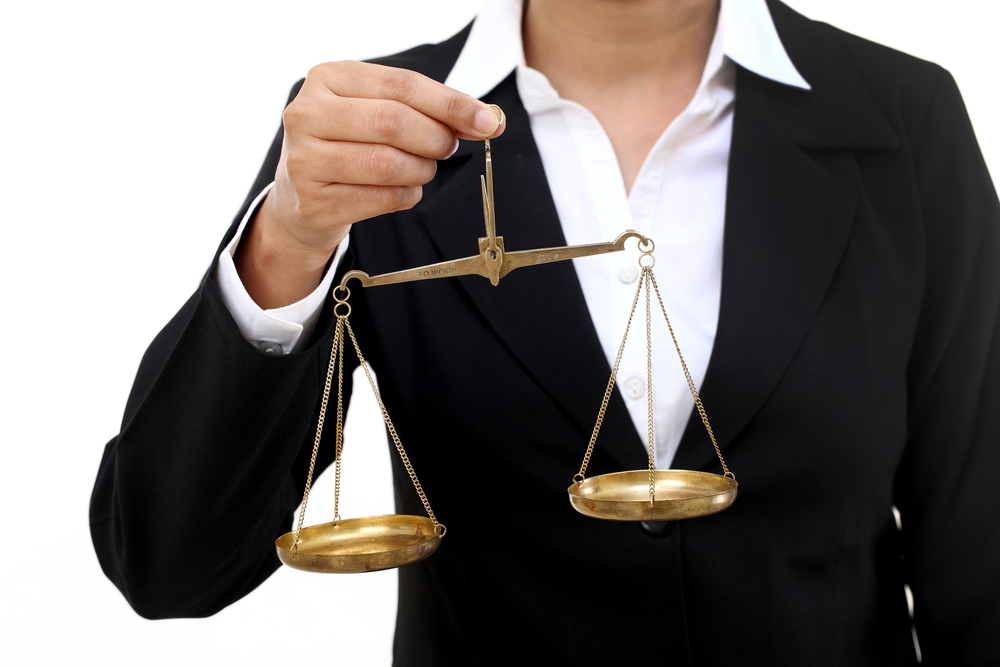False DMCA Takedown Notices: Ninth Circuit Holds that Copyright Owners Must Consider Fair Use Before Issuing Take-Down Notices

By: Eric Perrott, Esq.
A takedown notice under the Digital Millennium Copyright Act (DMCA) is often a cost-effective way to remove copyright-infringing content on the internet without having to get a court order. However, this has given rise to large and small companies alike sending false take-down notices, without considering factors like whether the alleged infringer’s use is a “fair use” under the Copyright Act. Sending a false DMCA take-down notice can hold severe penalties, as one copyright owner, Universal Music, may soon find out.
In likely the “biggest” copyright decision handed down this year, the Ninth Circuit held that copyright owners must consider “fair use” before filing a copyright take-down notice. This decision has potentially far-reaching consequences for copyright owners enforcing their rights on online service providers like YouTube, Facebook, Tumblr, Twitter and more.
When Stephanie Lenz saw her toddler dancing to Prince’s “Let’s Go Crazy,” she grabbed her camera and recorded a 29-second video and posted it on the most popular video-sharing website in the world, YouTube. Soon after, Universal Music, the owner of the Prince catalog, filed a Digital DMCA take-down notice alleging that Lenz’s video infringed on Universal’s copyrighted work. YouTube took down the video and, later, reposted the video after Lenz filed a DMCA counter-notice, claiming that the take-down was improper. Lenz, represented by fair-use advocates the Electronic Freedom Foundation, filed a lawsuit against Universal for damages related to the allegedly improper take-down notice on the grounds that Universal’s employees violated the DMCA when they did not analyze Lenz’s “fair use” of the copyright video when issuing the take-down notice. Universal argued that it was not required to do a fair-use analysis before issuing the DMCA take-down. The Ninth Circuit disagreed with Universal and held that “fair use” issues must be considered before a right-holder files a DMCA take-down notice with an online service provider. It remanded the case back down to the district court to decide whether or not Universal properly considered these issues.
Under the DMCA take-down policy, copyright owners may file a notice with participating service providers to have allegedly infringing materials removed from a service provider’s website. In exchange, the service provider is immune from the liability of its users’ potentially infringing actions. The notice must include specific information, including a statement made under penalty of perjury that the copyright owner is not filing a fraudulent take-down notice. The penalties for misrepresentation can include actual damages and attorney’s fees. Specifically, Section 512(f) of the DMCA states that:
shall be liable for any damages, including costs and attorneys’ fees, incurred by the alleged infringer, by any copyright owner or copyright owner’s authorized licensee, or by a service provider, who is injured by such misrepresentation, as the result of the service provider relying upon such misrepresentation in removing or disabling access to the material or activity claimed to be infringing, or in replacing the removed material or ceasing to disable access to it.
In the present case, Universal argued that, due to the fact-intensive analysis of “fair use,” such analysis was not required. However, the Ninth Circuit stated that, because the “fair use” doctrine is codified in the U.S. Copyright Act, “[f]air use is not just excused by the law, it is wholly authorized by the law.” It found that service providers like Universal could not shirk their responsibilities to at least consider whether a potential infringement was, in fact, authorized under U.S. Copyright Law.
To be clear, this decision did not analyze whether Lenz’s video clip was protected under fair-use. Instead, it specifically addressed the copyright owner’s responsibility to consider whether an alleged infringement was, in fact, protected under “fair use.” The Ninth Circuit ultimately held that it was up to a jury, not the Ninth Circuit, to decide whether or not Universal properly analyzed fair use when removing Lenz’s video. It held that “[b]ecause the DMCA requires consideration of fair use prior to sending a takedown notification, a jury must determine whether Universal’s actions were sufficient to form a subjective good faith belief about the video’s fair use or lack thereof.” But it held that if a copyright owner “ignores or neglects [the Ninth Circuit’s] unequivocal holding that it must consider fair use before sending a takedown notification, it is liable for damages” under the DMCA.
While parts of this decision may be appealed to the Supreme Court by both sides, it is a huge win for fair-use advocates. While it will likely remain up to a jury (and, we imagine, more cases challenging take-downs) to determine exactly what level of fair-use analysis is needed, this may have a lasting impact on the often over-reaching takedown requests issued on popular video sharing and social media platform. However, it opens other questions, such as, what level of analysis must be done, how long does the analysis have to be, what level of training (legal or otherwise) do those analyzing complex copyright law have to have? Courts consider, among other factors, the amount of the original material used by the alleged infringer, the “newsworthiness” of the material, the non-commercial nature of the allegedly infringing material, and the material’s market effect on the original material. This is a complex analysis of many different factors. Regardless, this decision effectively forces copyright owners to use some restraint when issuing take-down requests. Otherwise, like in this case, they may be liable for monetary damages incurred by a mom posting a cute video of her child.
Thinking about filing a DMCA take-down notice on YouTube, Amazon, eBay, Etsy, or similar website? Call Gerben IP today for a free consultation on your copyright claim.
Do you need assistance with a trademark matter?
Contact an Attorney Today